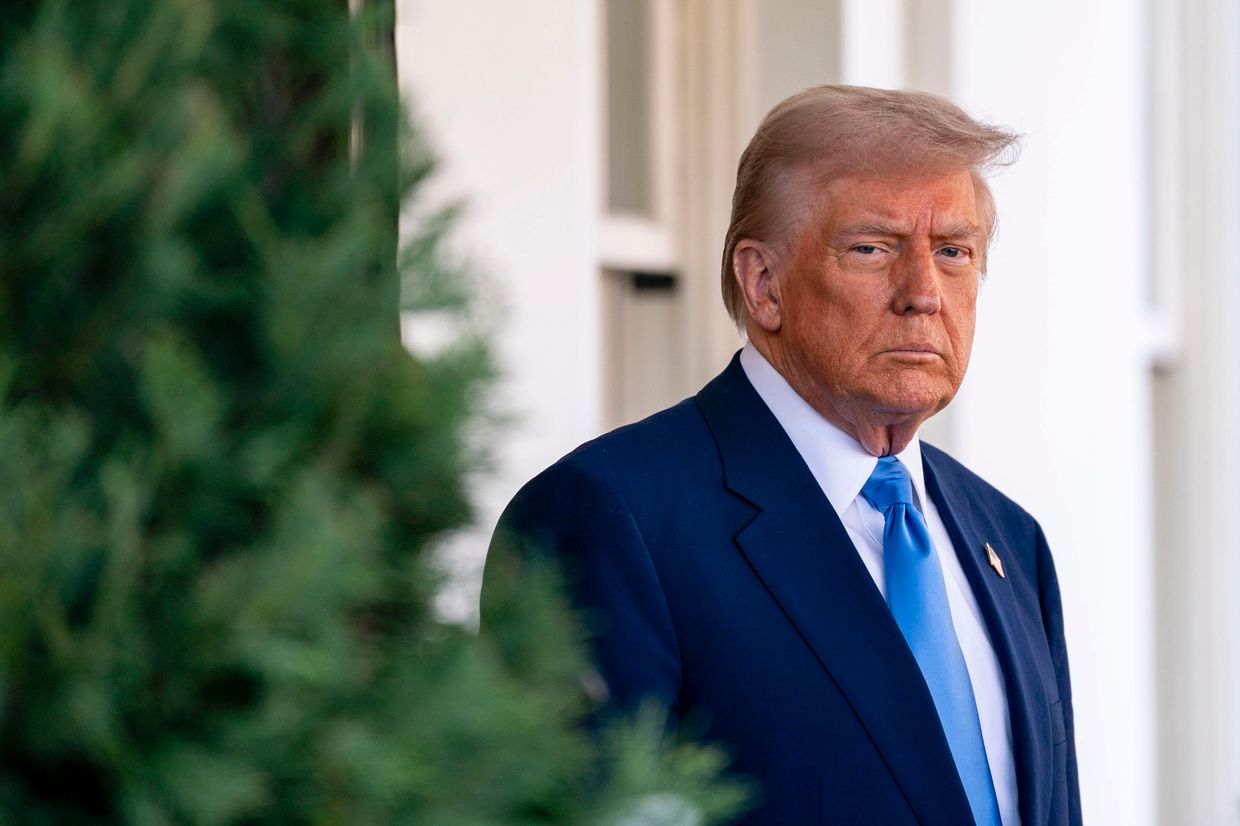
Trump says he will not impose new sanctions on Russia
“Because I think there’s a chance of getting something done, and if you do that, you could also make it much worse," Trump told reporters from the Oval Office on May 19.

“Because I think there’s a chance of getting something done, and if you do that, you could also make it much worse," Trump told reporters from the Oval Office on May 19.
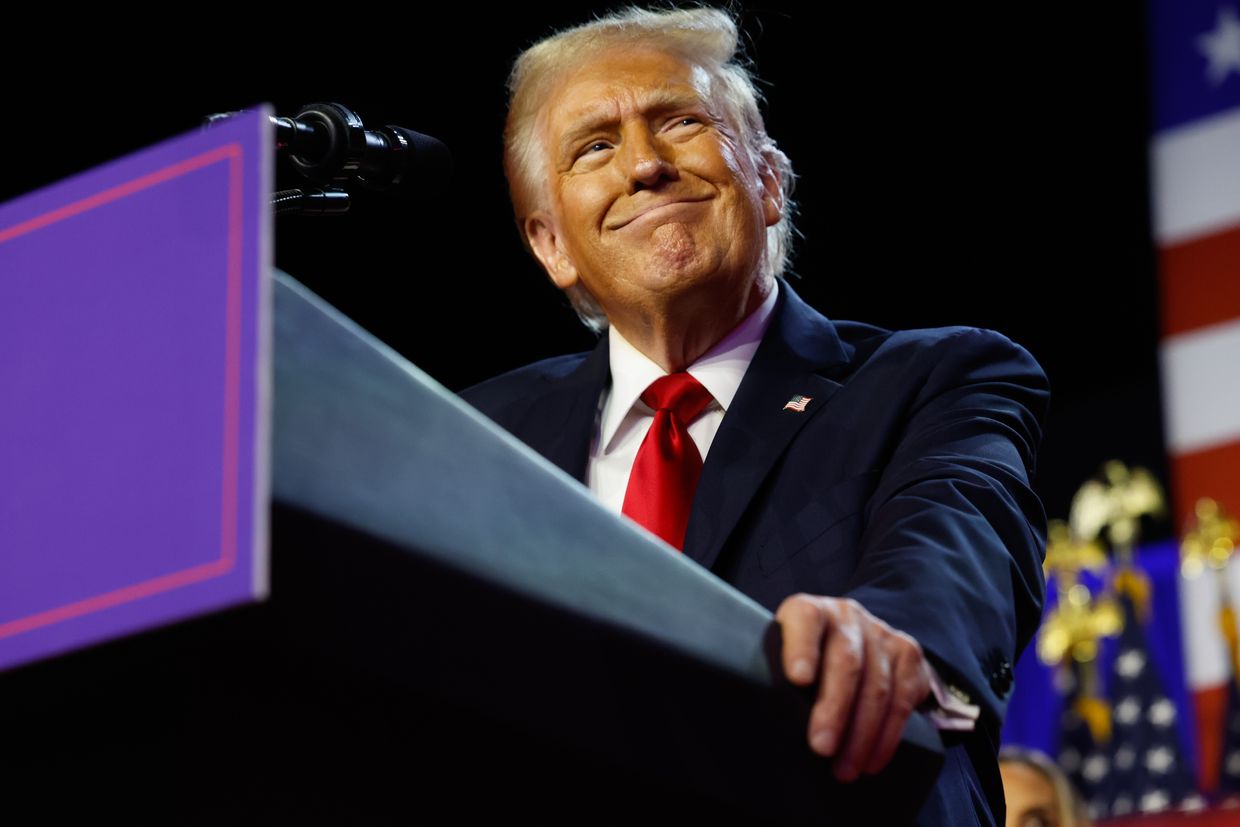
U.S. President Donald Trump, in separate statements, told reporters on May 19 that he trusts Russian President Vladimir Putin, will not sanction Russia, but will abandon Ukraine peace efforts if progress is not made.
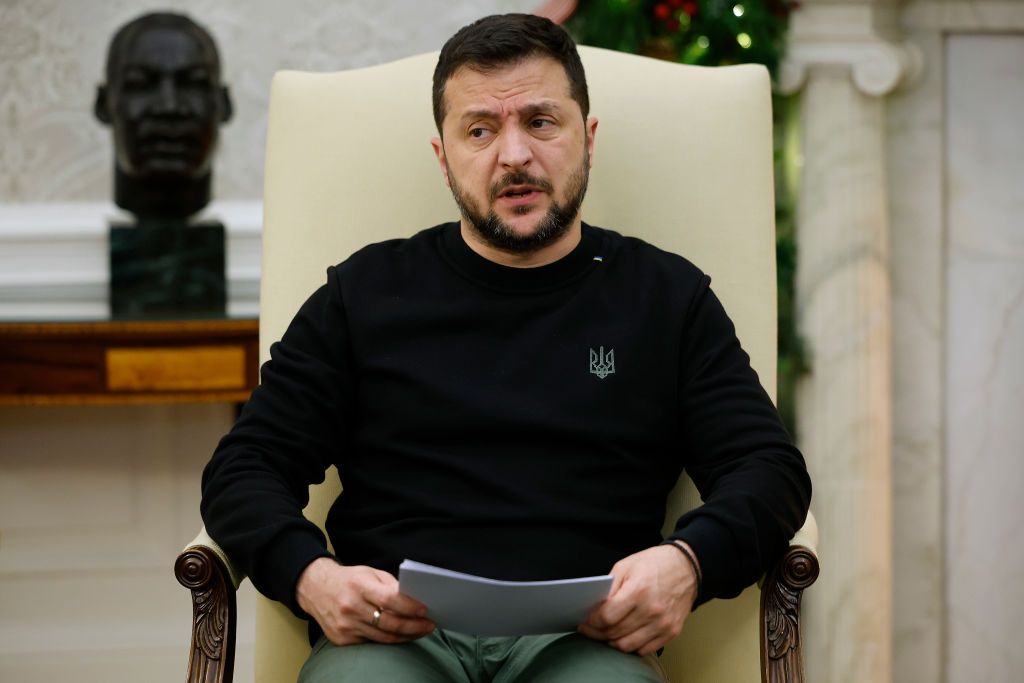
Ukraine knows the date that the EU package will go into effect, though the president did not share that detail in his remarks. Zelensky also said he expects the U.S. to impose sanctions 'when they see fit.'
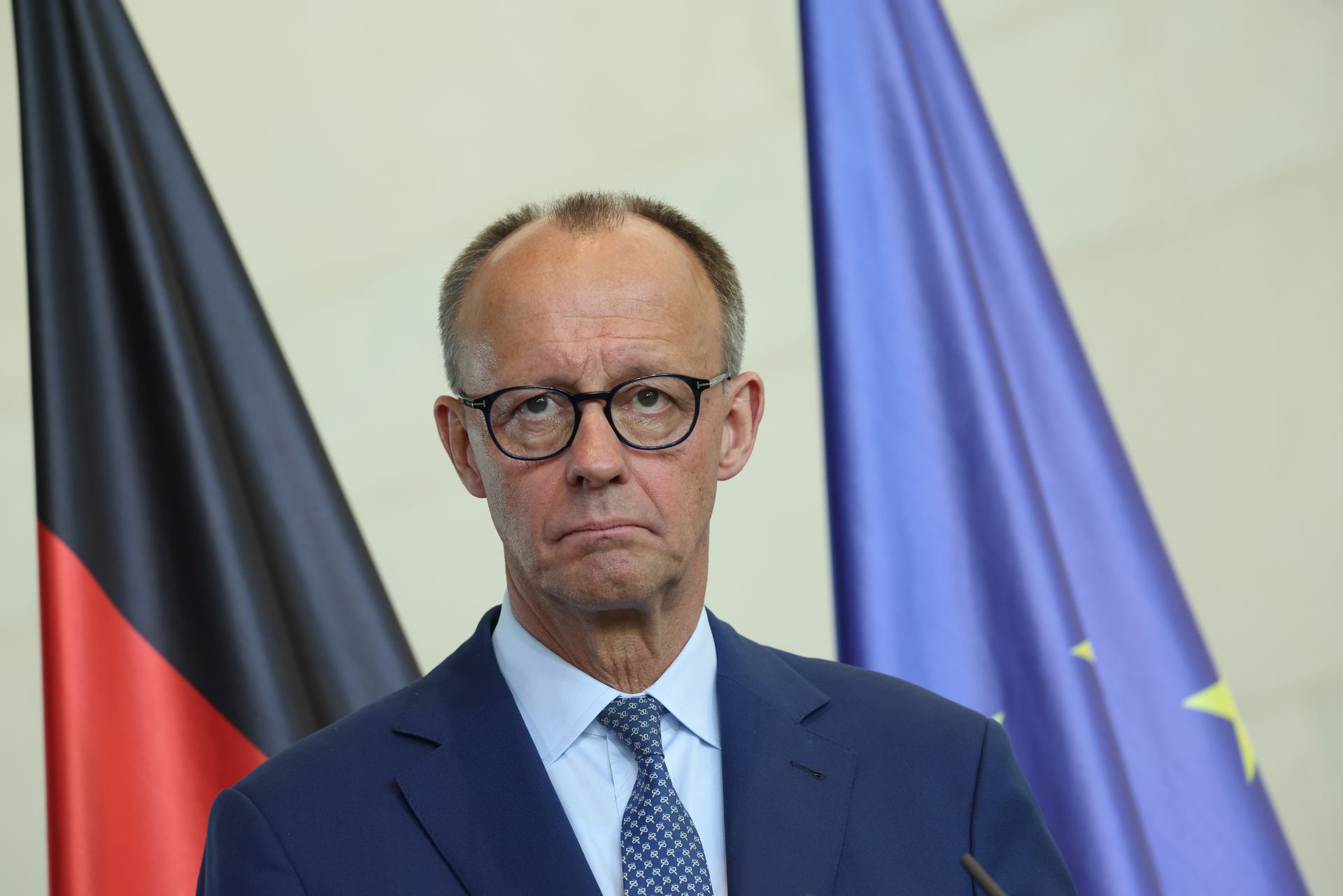
Washington's participation in a potential sanctions package would be "very central," German government spokesperson Stefan Cornelius said.
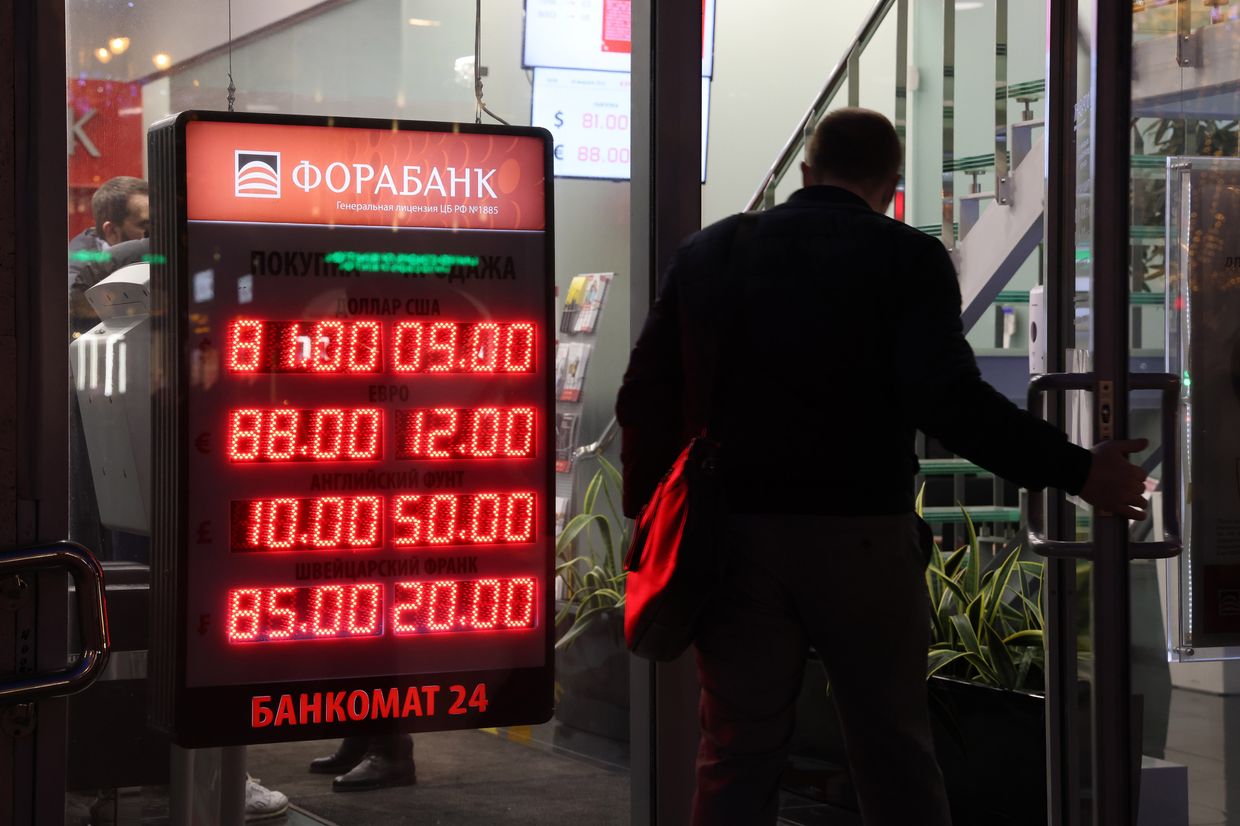
Russia's economy is experiencing a sharp slowdown in growth, according to a report released by the governmental statistics agency Rosstat on May 16. GDP only grew by 1.4% in the first quarter of 2025 – a notable decline from 4.5% growth in the previous quarter and 5.4% in the same period last year.
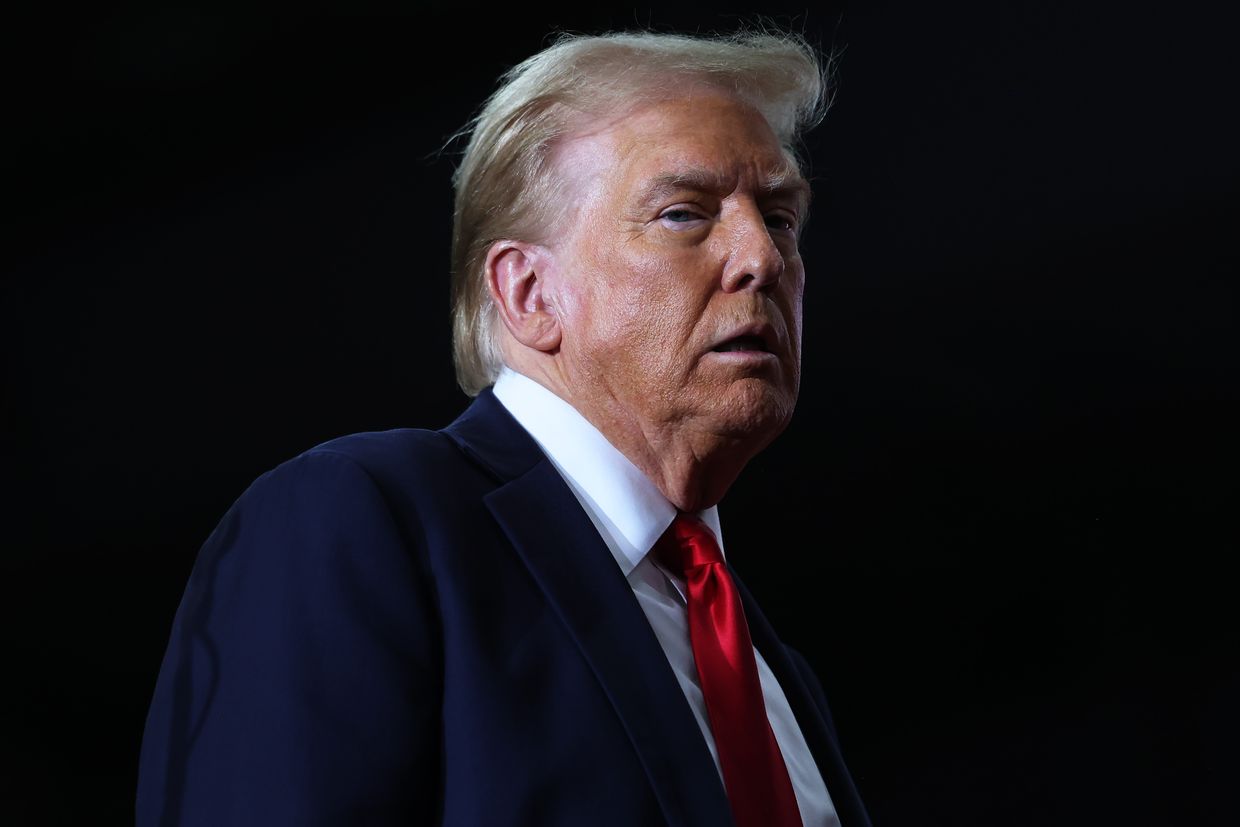
"Honestly, I will (impose sanctions), if we're not gonna make a deal," Trump told Fox News’ Bret Baier in an interview published on May 16. "This would be crushing for Russia because they're having a hard time now with the economy."
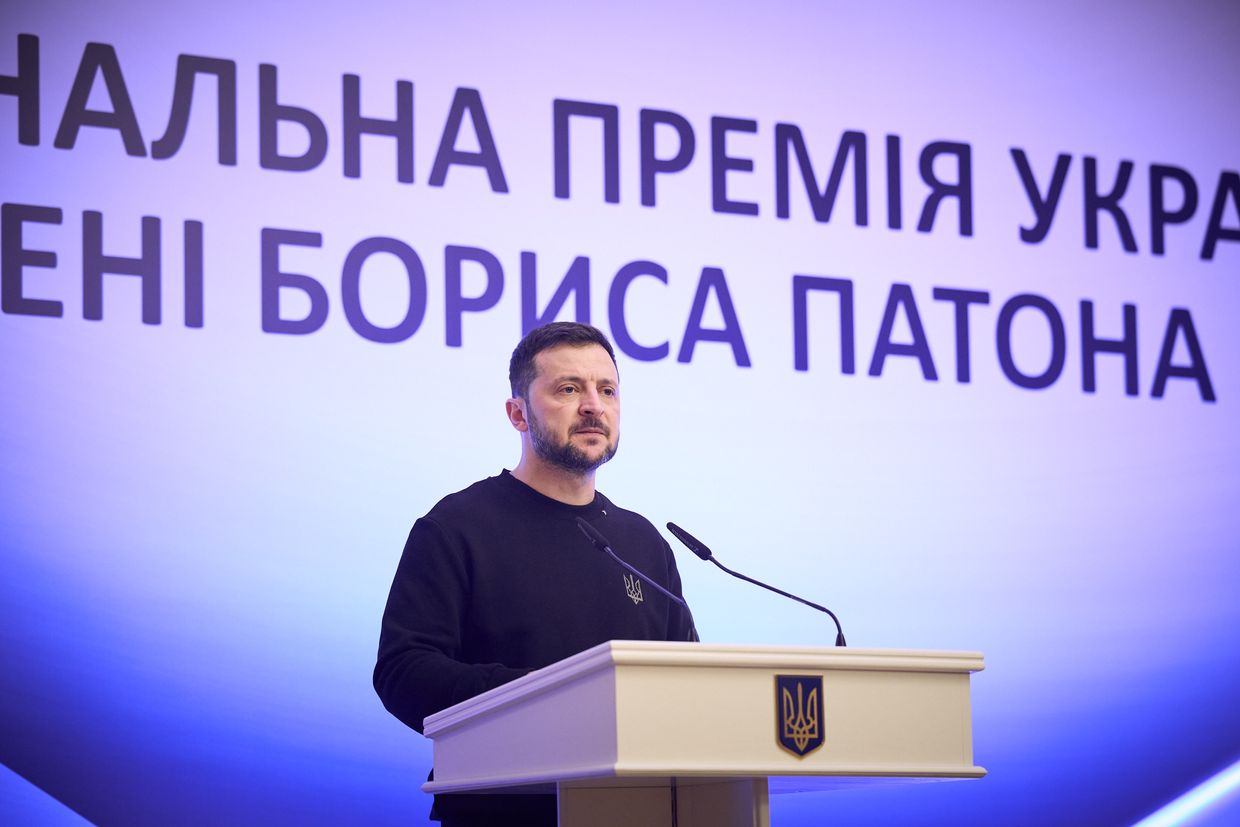
"Ukraine is fighting for itself, we are not ready to lose our lives and our land. It doesn't mean that we are aggressors," President Volodymyr Zelensky said.
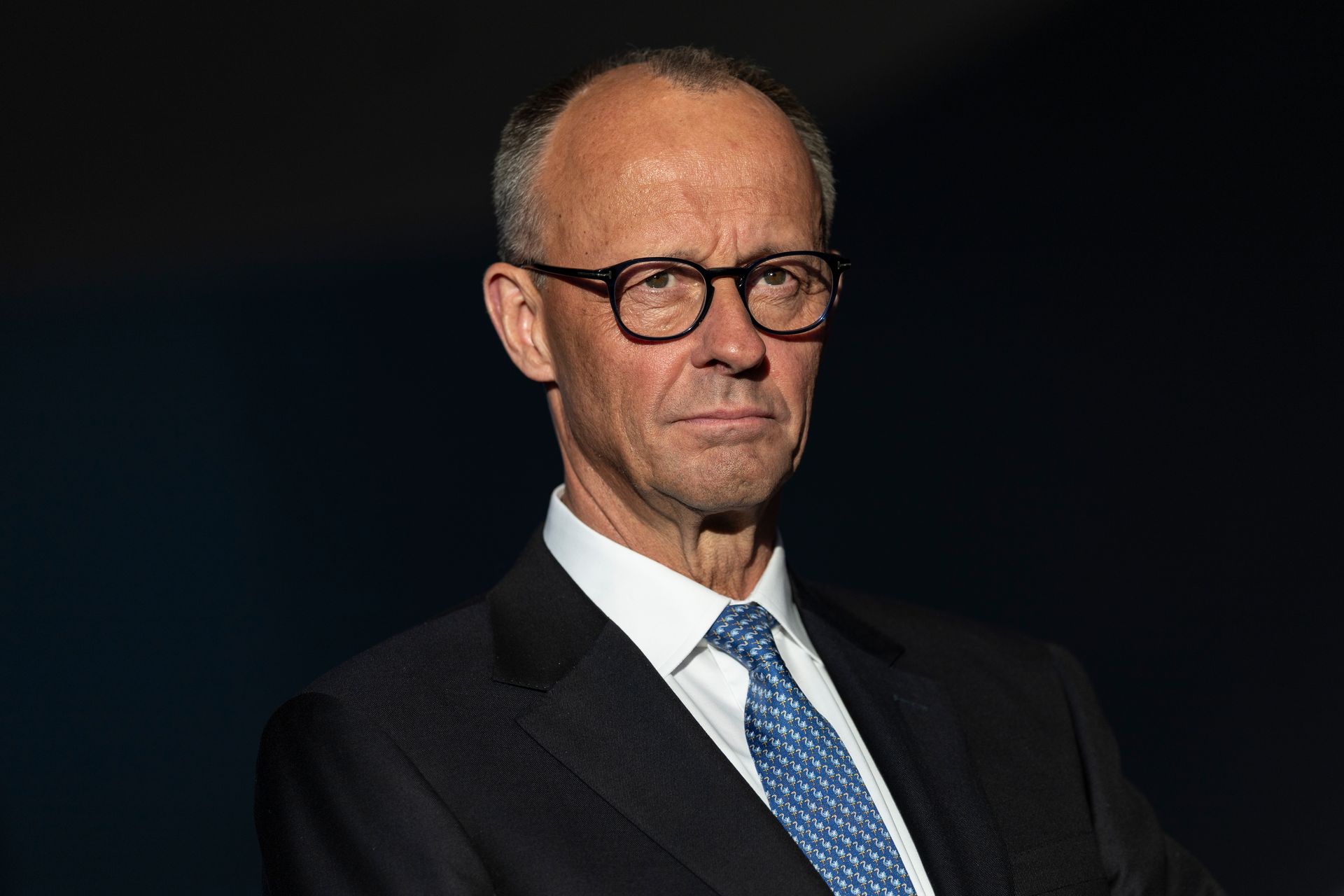
The European Union will adopt sanctions against Russia on May 20 in response to Russian President Vladimir Putin's declining to attend face-to-face talks with Ukrainian President Volodymyr Zelensky, German Chancellor Friedrich Merz said on May 15.
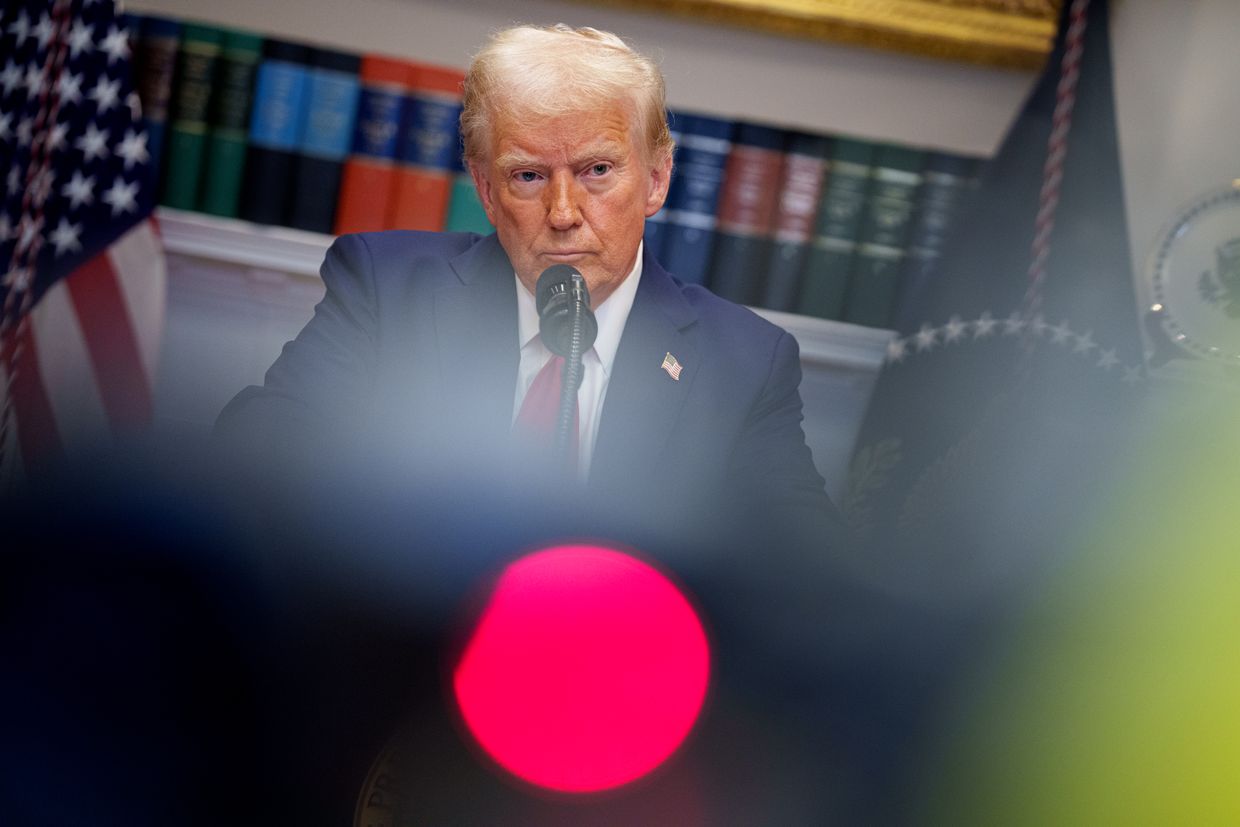
Key developments on May 14: * Trump says he's unsure whether Putin will attend Ukraine peace talks in Turkey as Kremlin stays silent * Russia likely preparing major offensive in Ukraine despite peace efforts, FT reports * Trump needs to understand that Putin lies, blocks peace efforts, Zelensky says * EU agrees on 17th
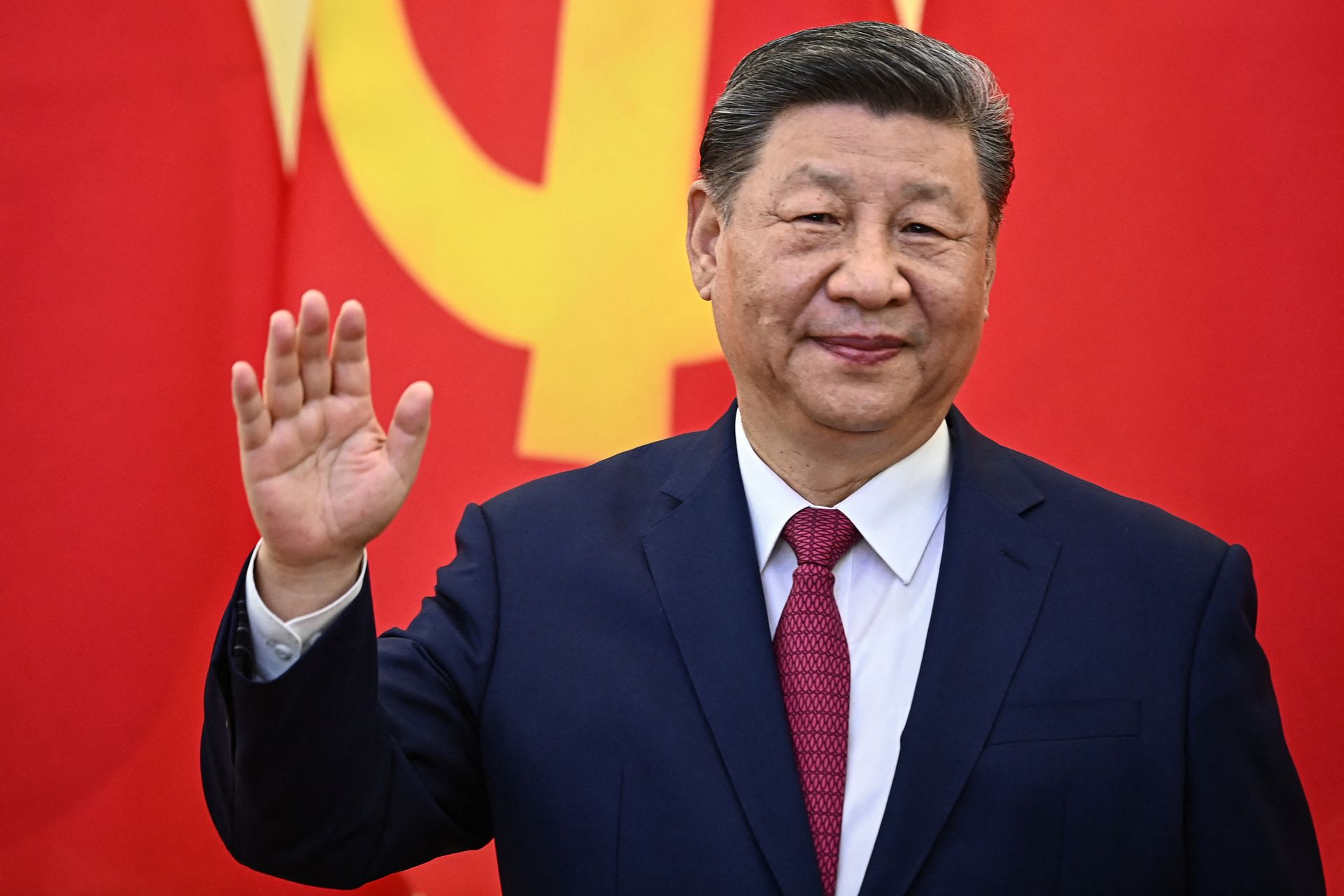
Ukraine faces a difficult balancing act — sanctioning more Chinese firms for aiding Russia’s war machine without alienating Beijing, which could be key to ending Russia’s invasion. Kyiv is currently considering imposing new sanctions against Chinese firms providing raw materials to Russia’s defense sector, a source close to
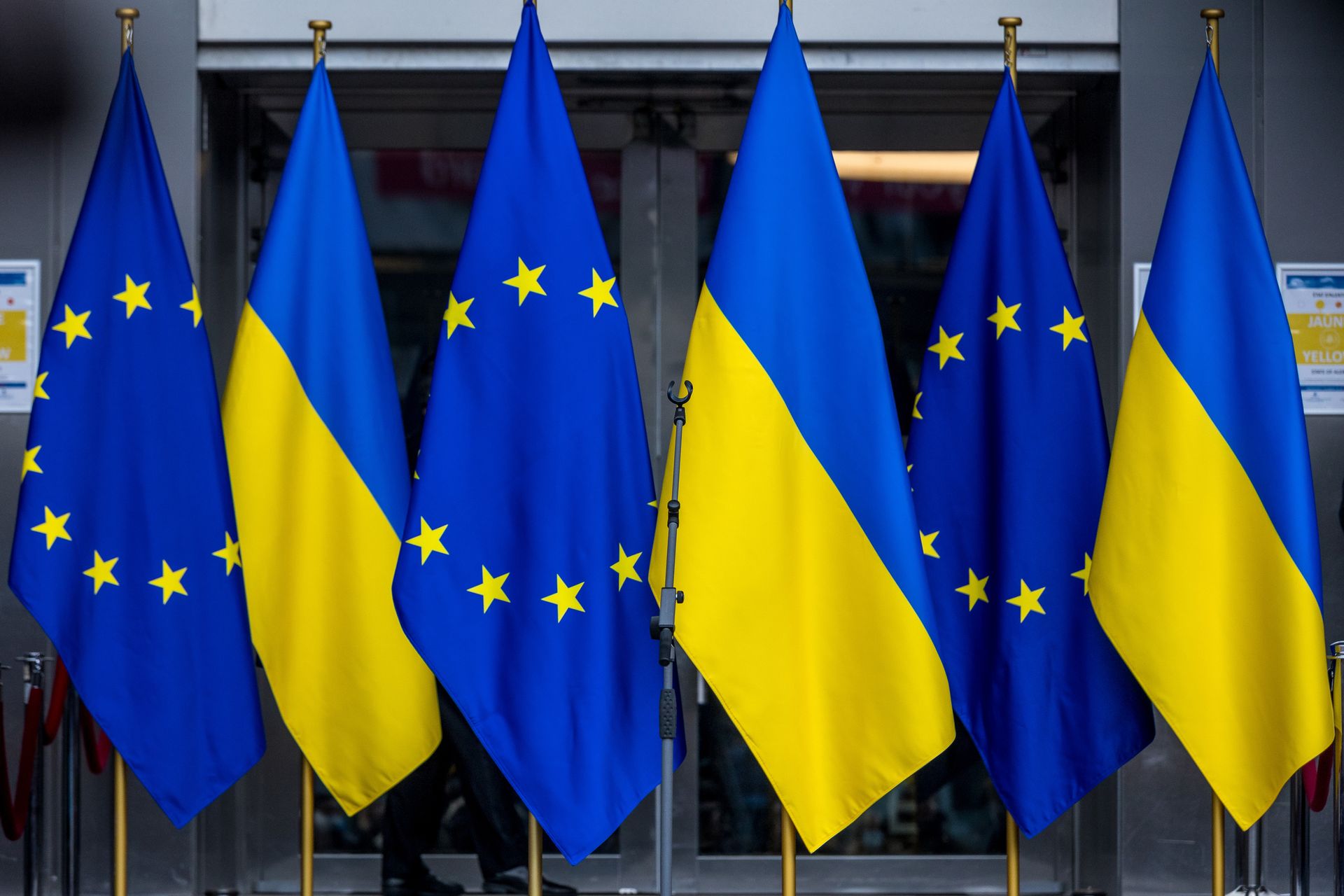
The measures target almost 200 ships of Russia's "shadow fleet," 30 companies involved in sanctions evasion, 75 sanctions on entities and individuals linked to the Russian military-industrial complex, and more.
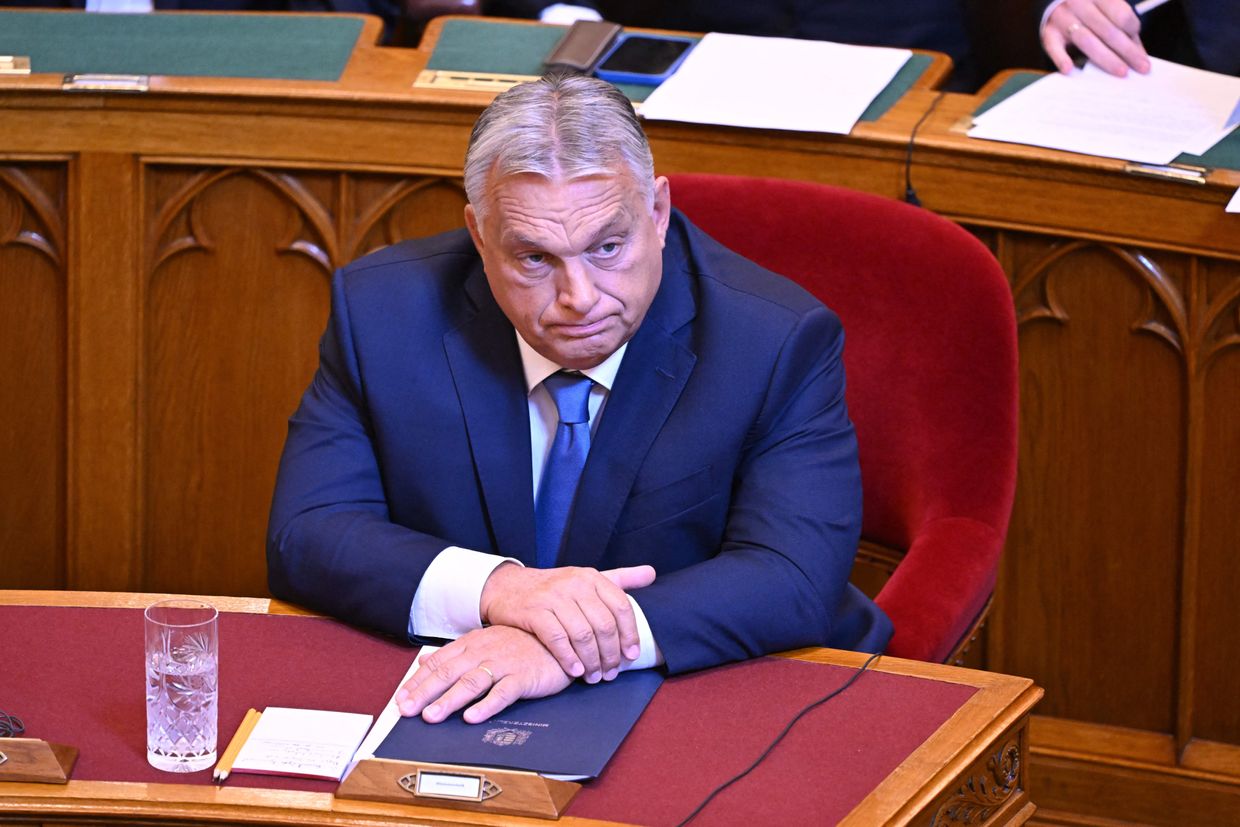
The sanctions will expire at the end of July unless all 27 EU member states agree to extend them.
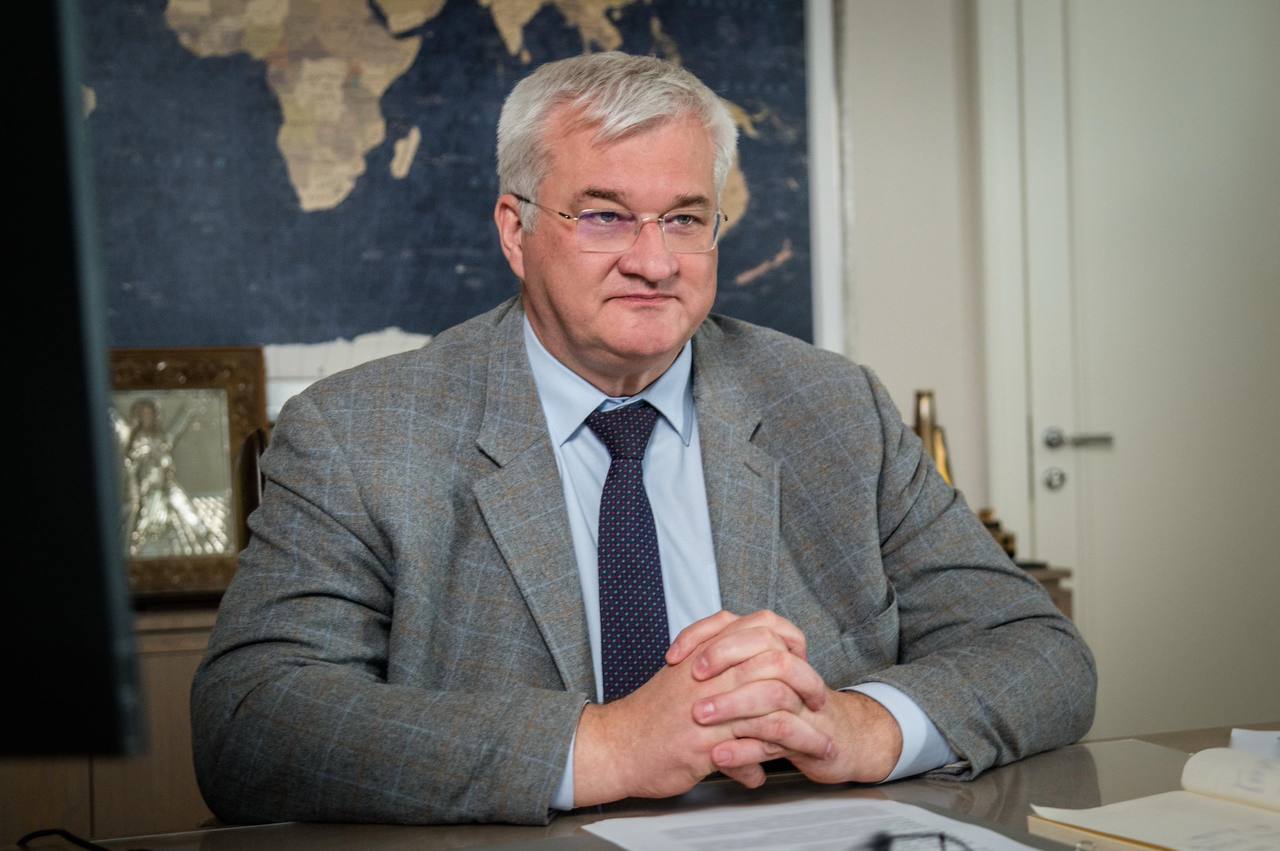
Foreign Minister Andrii Sybiha said Ukraine and its allies discussed tougher sanctions against Russia's banking sector, central bank, and energy industry.
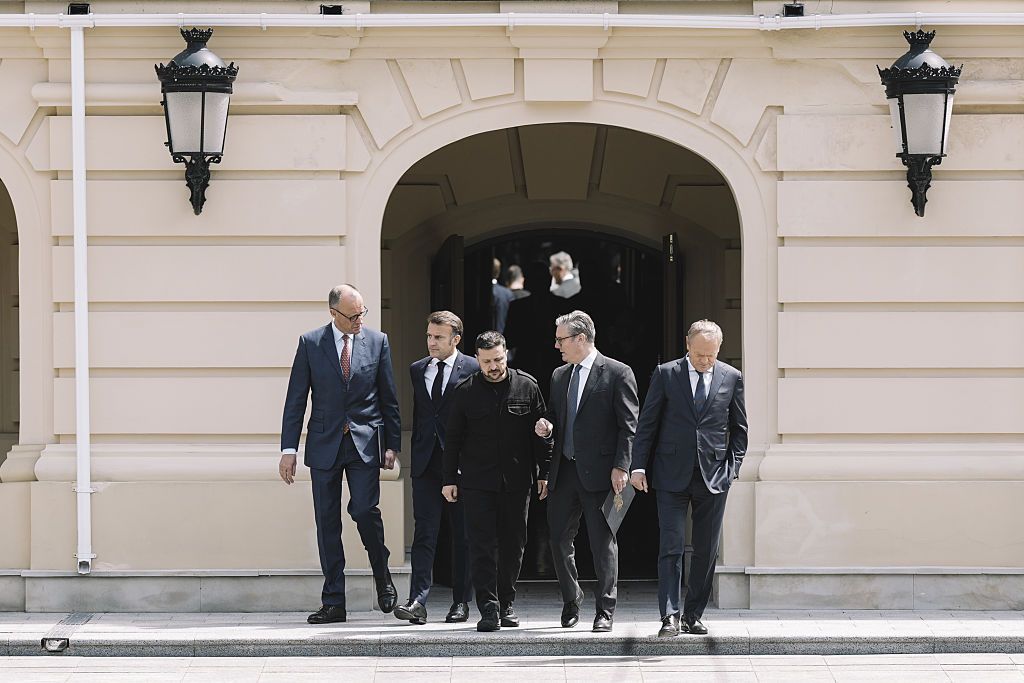
"The clock is ticking — we still have twelve hours until the end of this day," German government spokesperson Stefan Kornelius reportedly said.
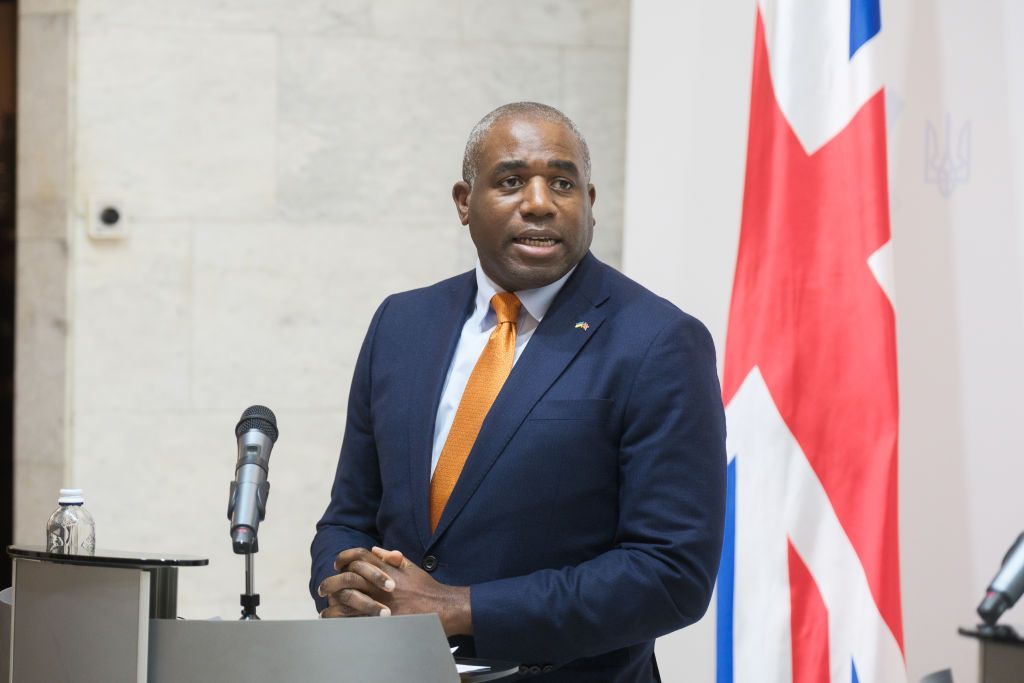
The sanctions appear to be in response to Russia's rejection of a 30-day ceasefire that the U.K., alongside Ukraine, France, Germany, and Poland, demanded during a visit to Kyiv on May 10.
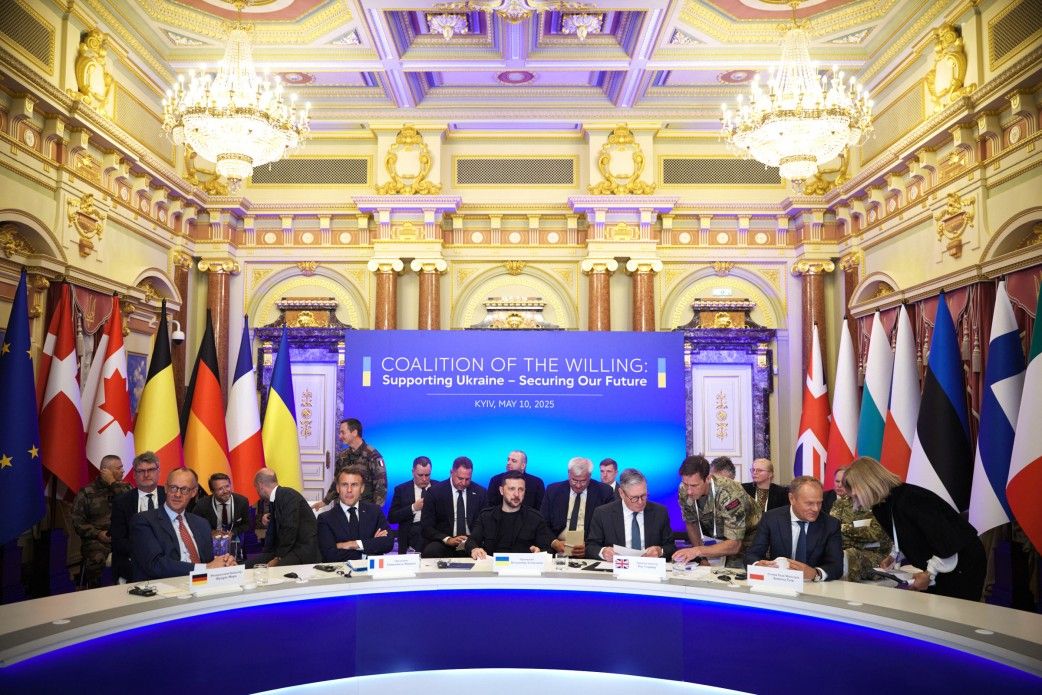
Tougher sanctions "should be applied to (Russia's) banking and energy sectors, targeting fossil fuels, oil, and the shadow fleet," the leaders of Ukraine, the U.K., France, Germany, and Poland said in a joint statement.
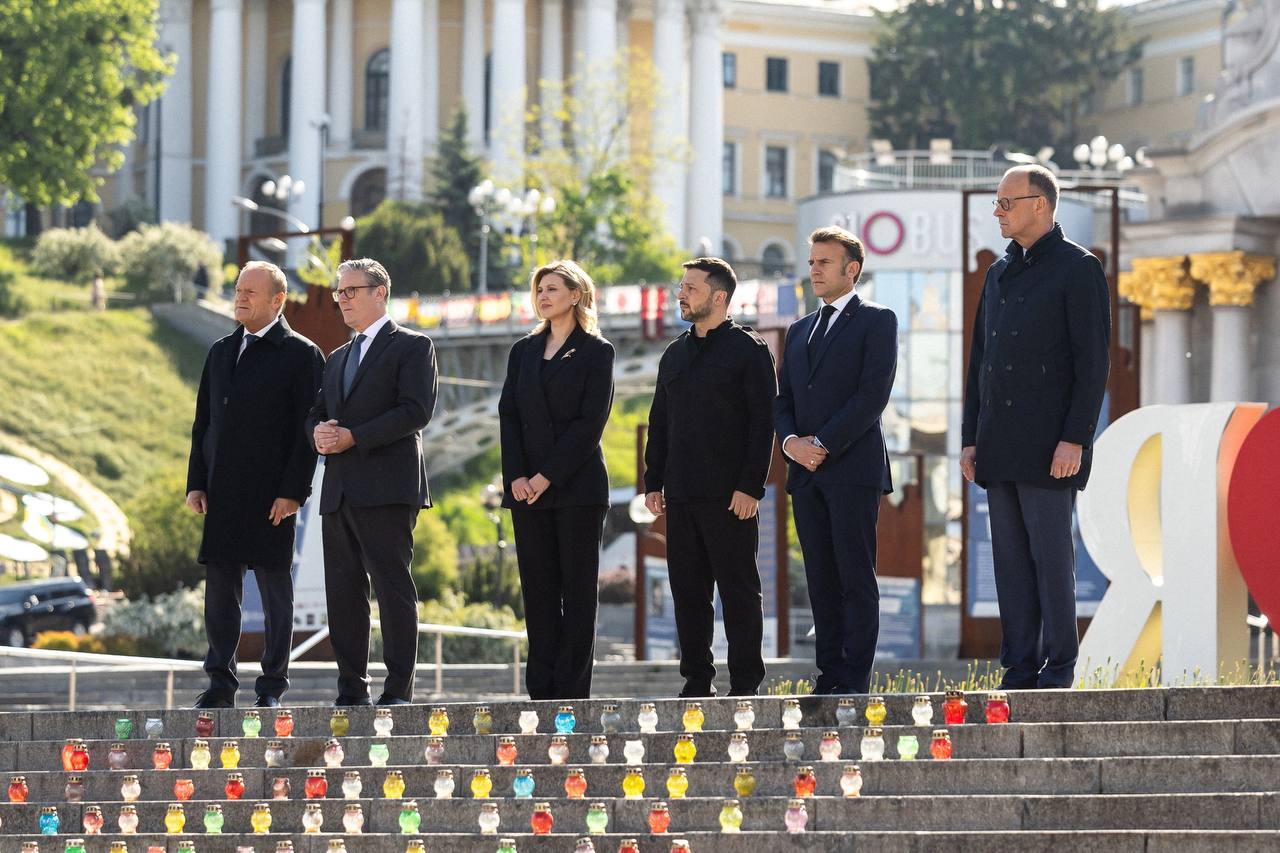
"We agreed that a full and unconditional ceasefire must begin on Monday, May 12, for at least 30 days. We jointly demand this from Russia, and we know we are supported in this by the United States," Zelensky said.
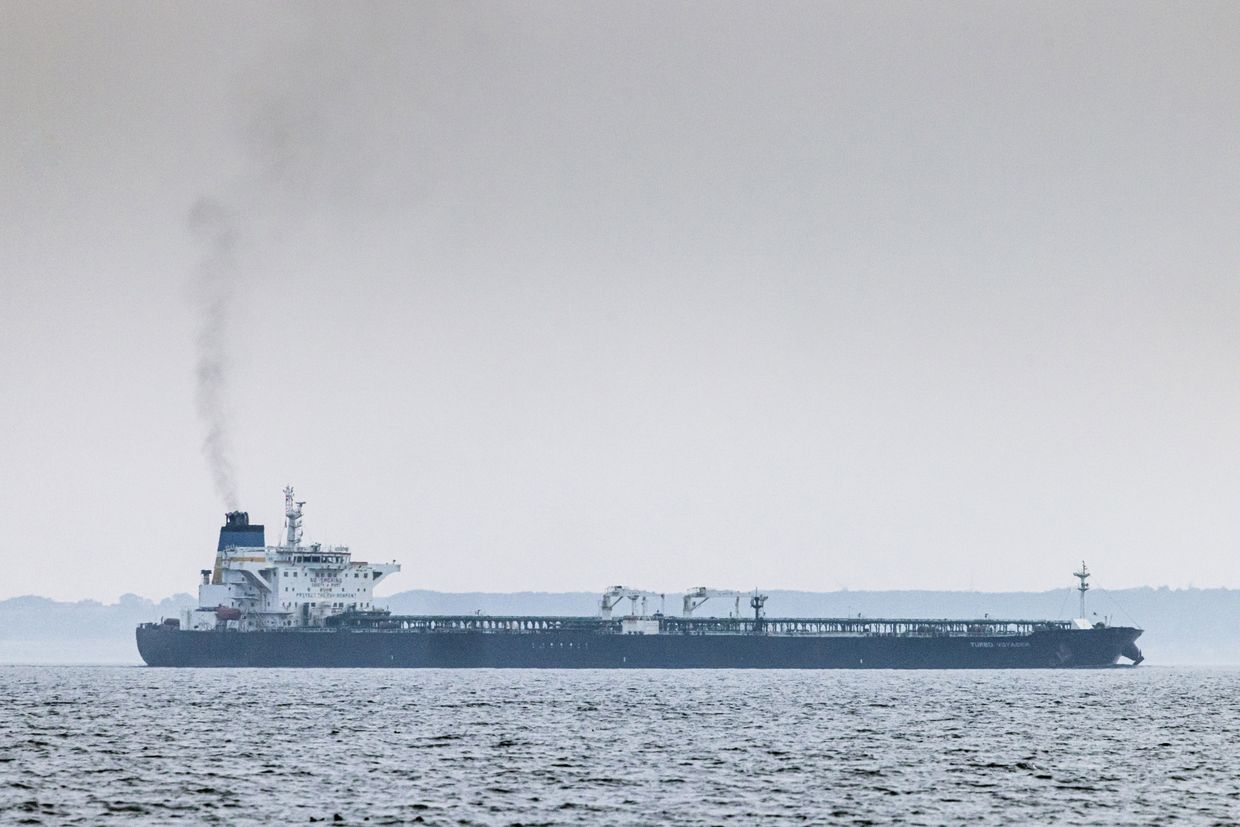
The sanctioned oil tankers have transported over $24 billion in cargo since 2024, according to Downing Street. The U.K. has now sanctioned more shadow fleet vessels than any other country.
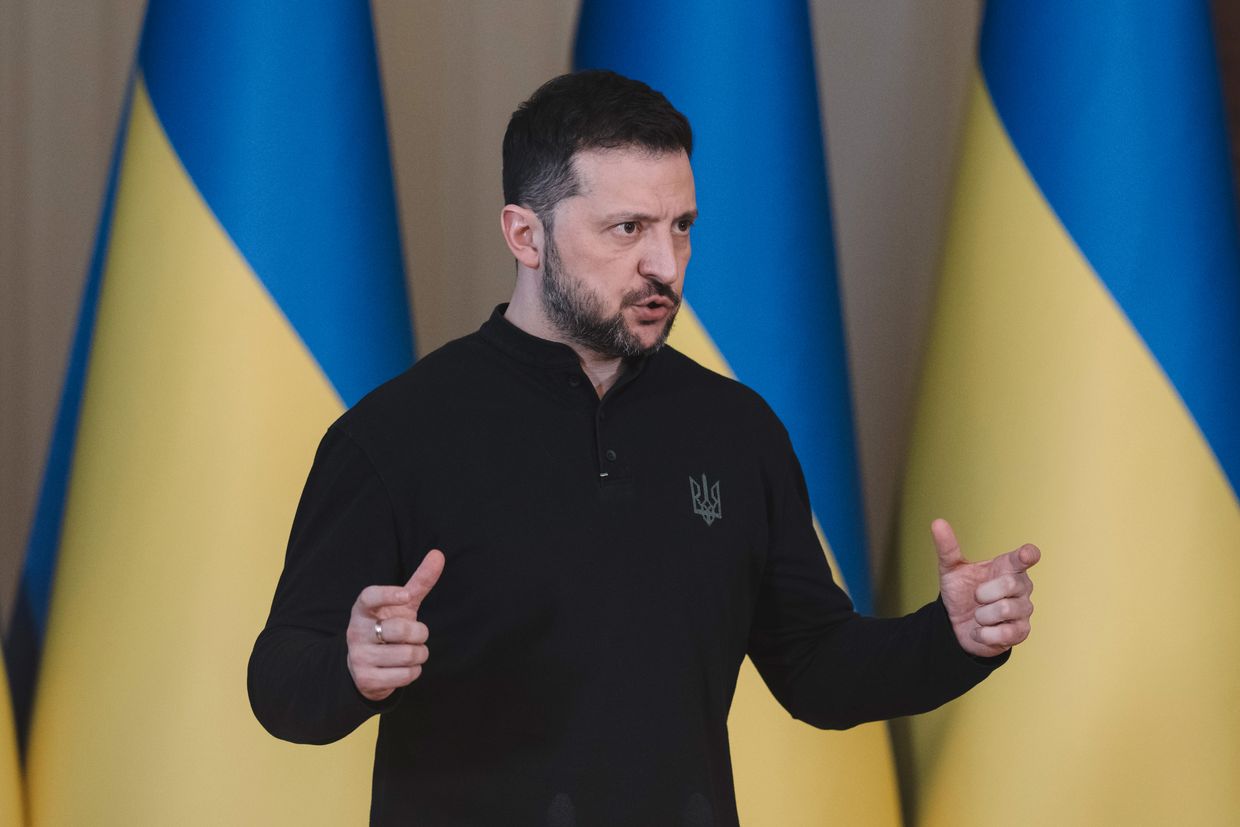
The sanctions list includes 58 individuals and 74 companies, with 67 Russian enterprises related to military technology.
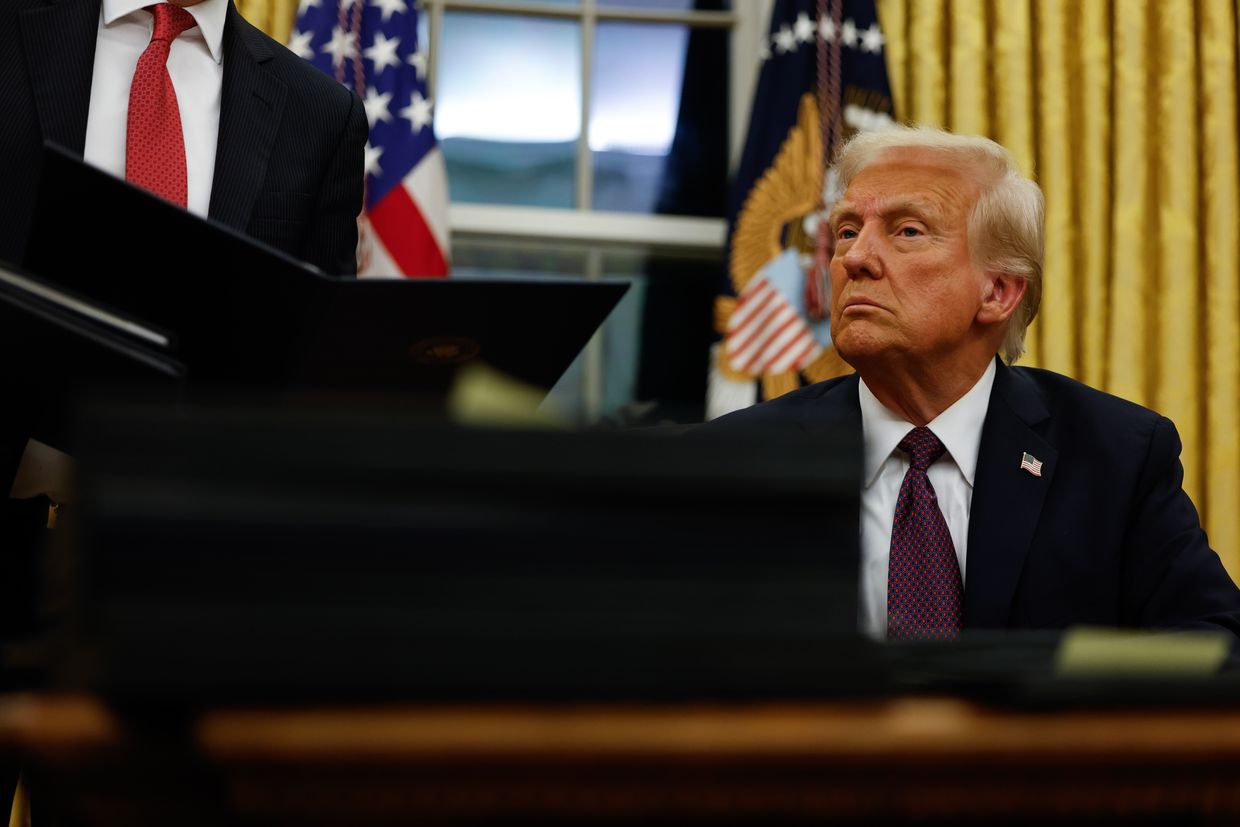
Washington and its partners are considering additional sanctions if the parties do not observe a ceasefire, with political and technical negotiations between Europe and the U.S. intensifying since last week, Reuters' source said.
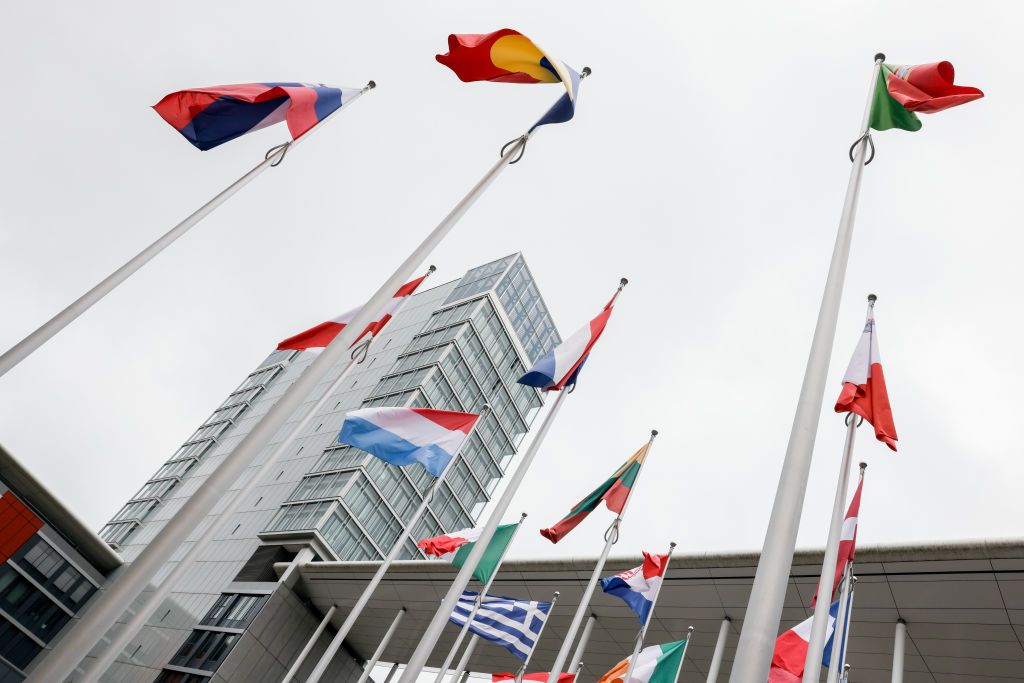
EU ambassadors began talks this week on a 17th sanctions package that targets Russia’s military-industrial complex, Moscow’s shadow shipping fleet, and related support networks.
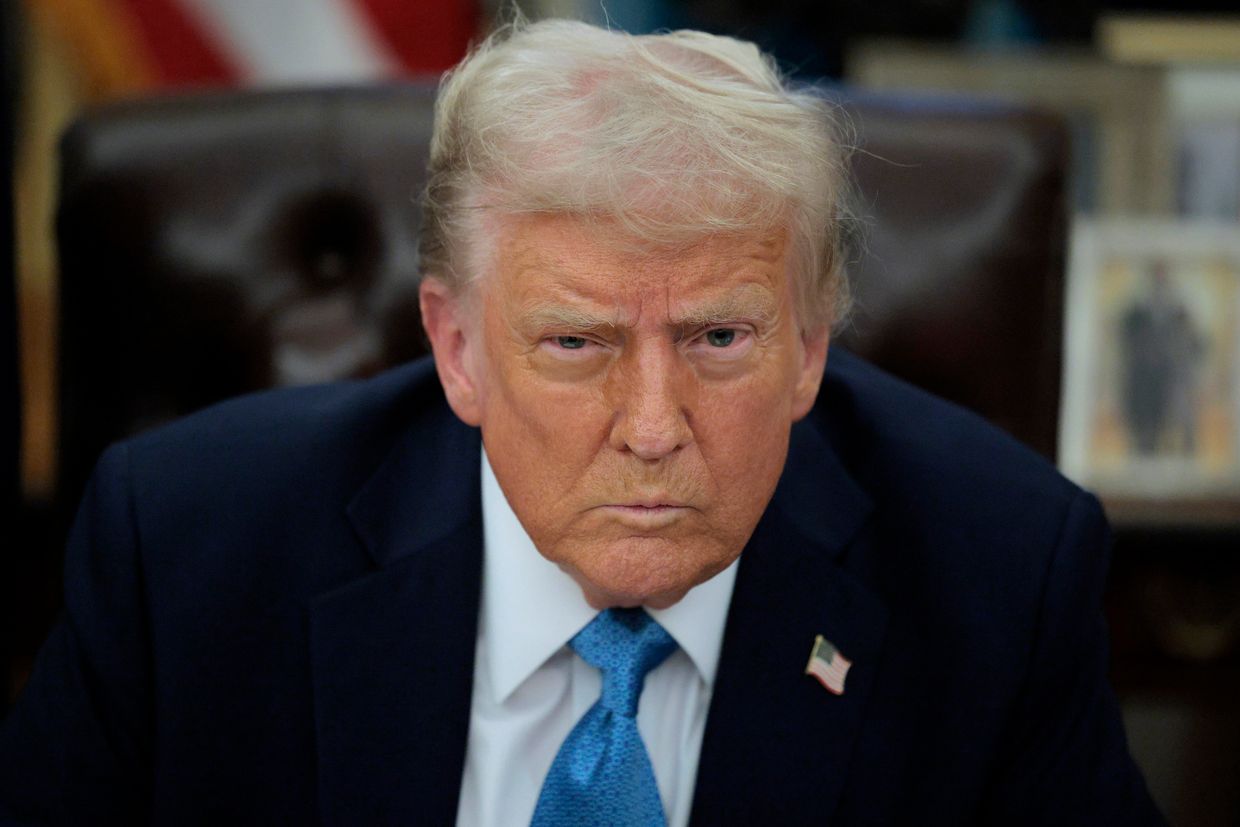
"I do believe we’re closer with one party, and maybe not as close with the other. But we’ll have to see. I’d like to not say which one we’re closer to," Trump said, adding that he was pleased with the outcome of the minerals deal signed with Ukraine.
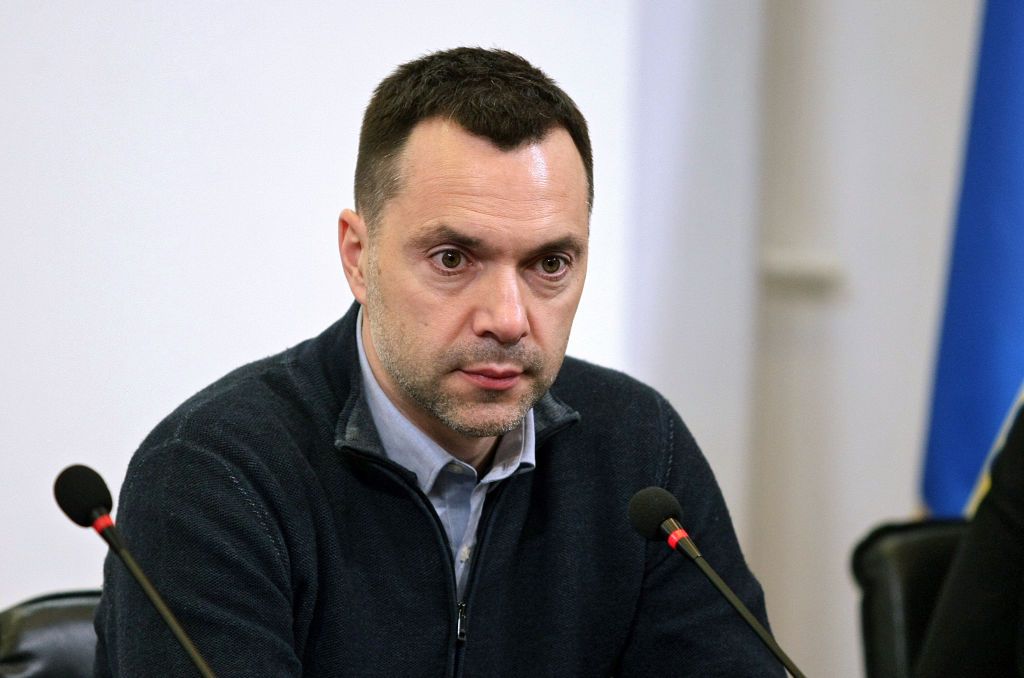
Ukrainian President Volodymyr Zelensky has imposed new sanctions against a number of individuals and entities, including former presidential adviser Oleksiy Arestovych, pro-Kremlin commentators, and several major Russian companies.
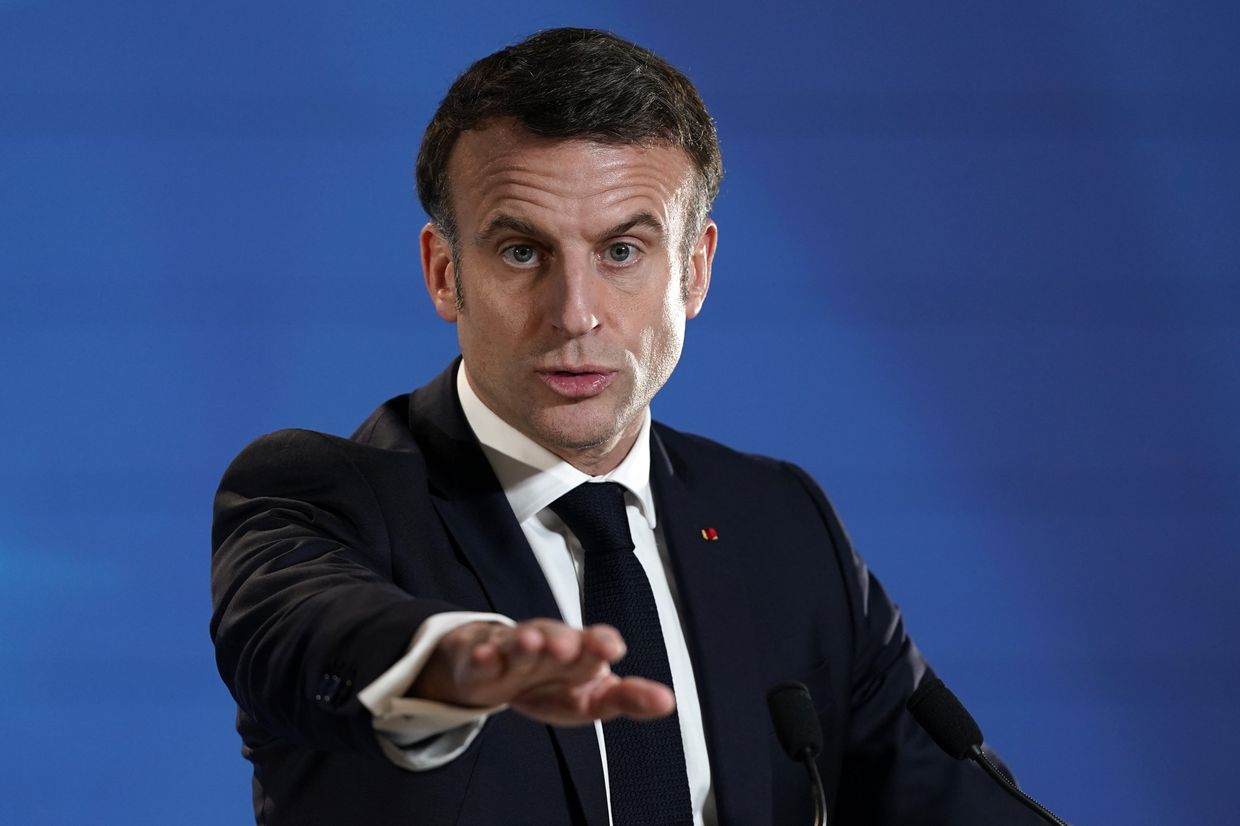
"In the next eight to ten days, we will increase pressure on Russia. I remain cautious (of a ceasefire) because part of the equation depends on Moscow," French President Emmanuel Macron said.
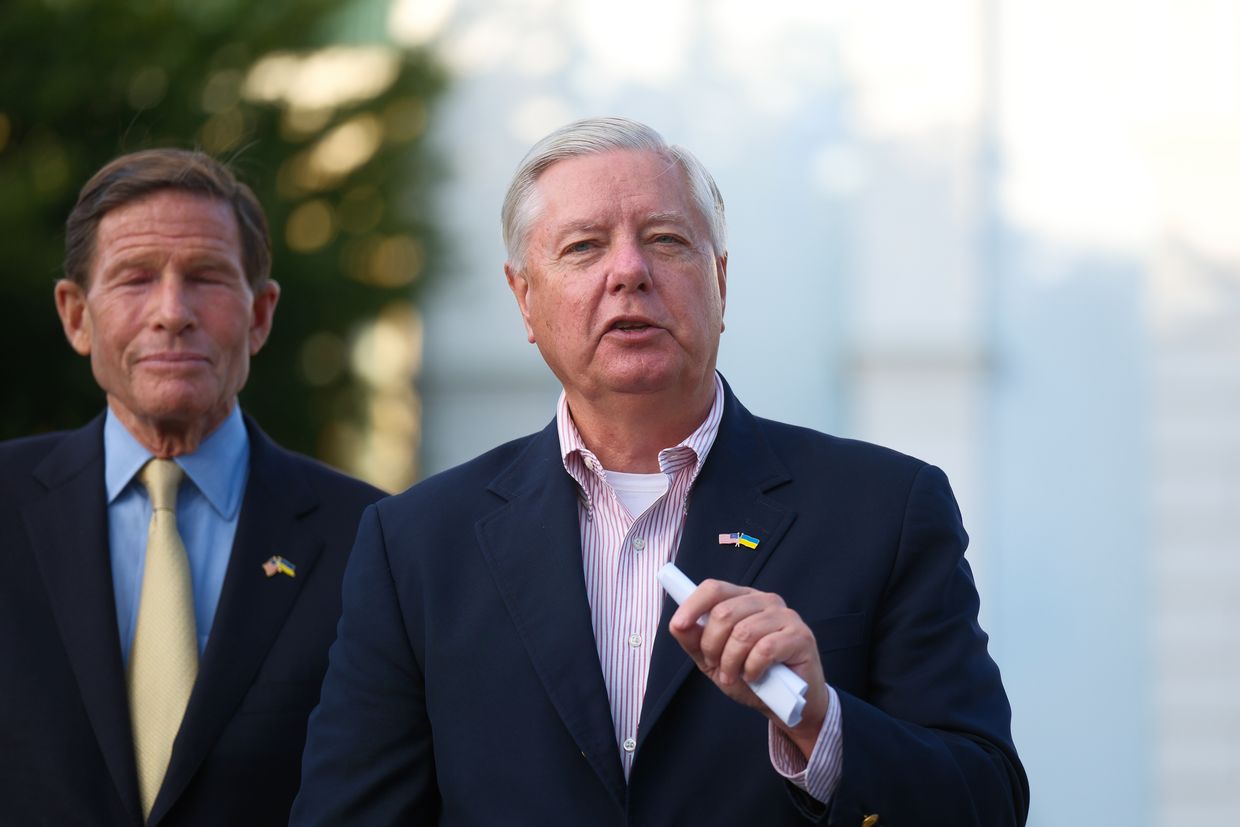
"As to additional sanctions on Putin's Russia, I have bipartisan legislation with almost 60 cosponsors that would put secondary tariffs on any country that purchases Russian oil, gas, uranium, or other products," U.S. Sen. Lindsey Graham said on April 26.
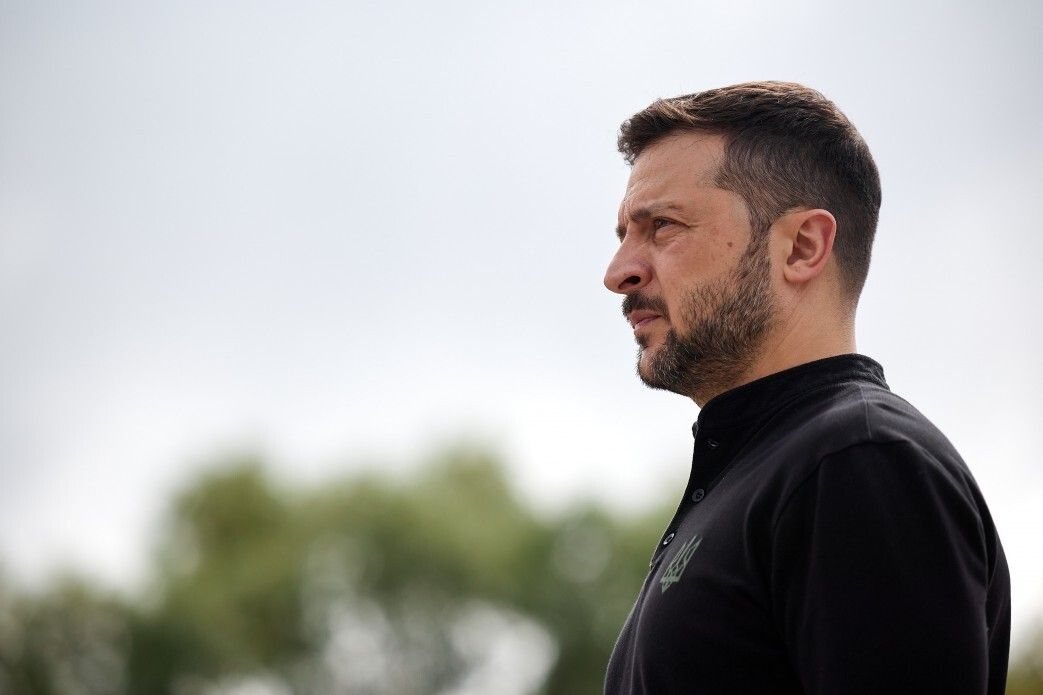
"We are ready for dialogue in any... format, at any time, but only after a real signal that Russia is ready to end the war," President Volodymyr Zelensky said.

"Today’s measures will also cut Russia's war machine off from innovative British tech, world-leading software, and close loopholes exploited by (President Vladimir) Putin's cronies," the U.K. Foreign Ministry said.
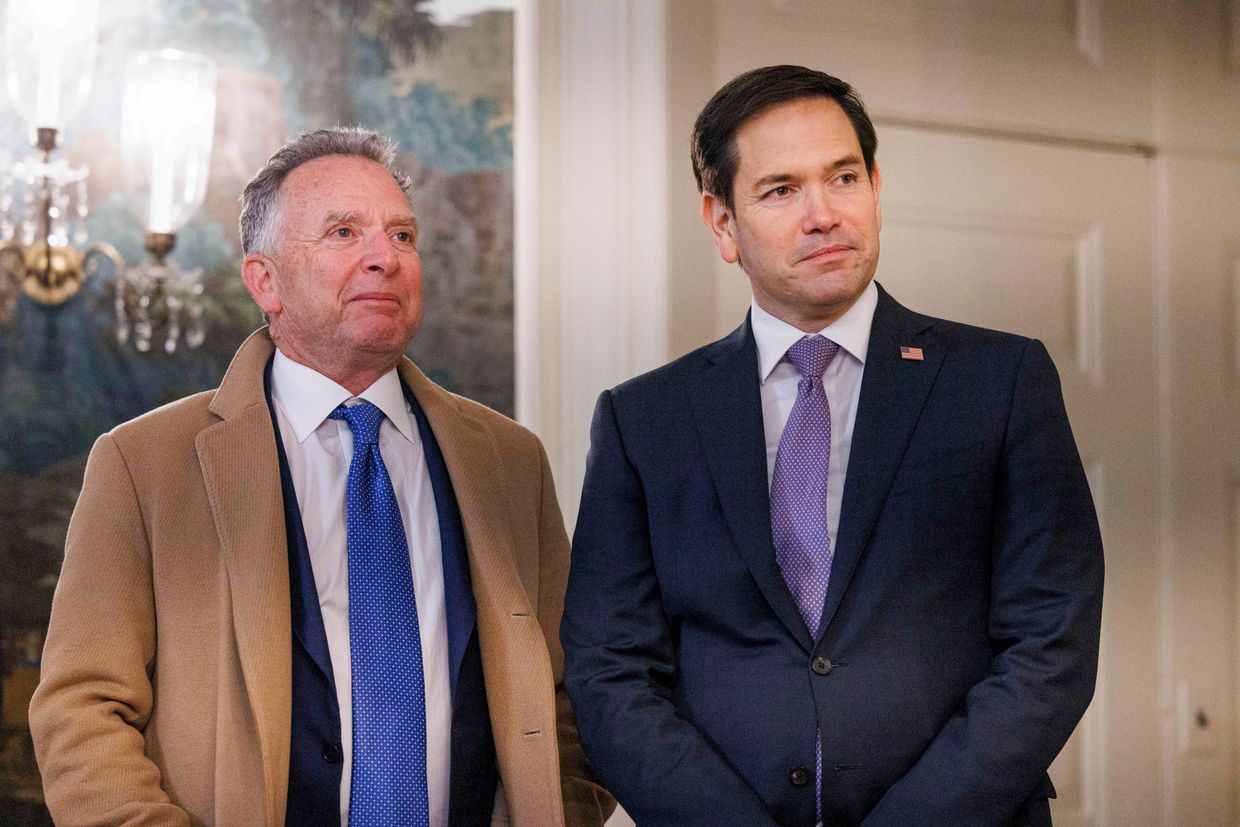
Special Envoy Steve Witkoff, who is set to meet Russian President Vladimir Putin in Moscow for their fourth meeting on April 25, has reportedly promoted the idea. It has "not found much traction in the White House," and U.S. Secretary of State Marco Rubio has opposed it, Politico reported.
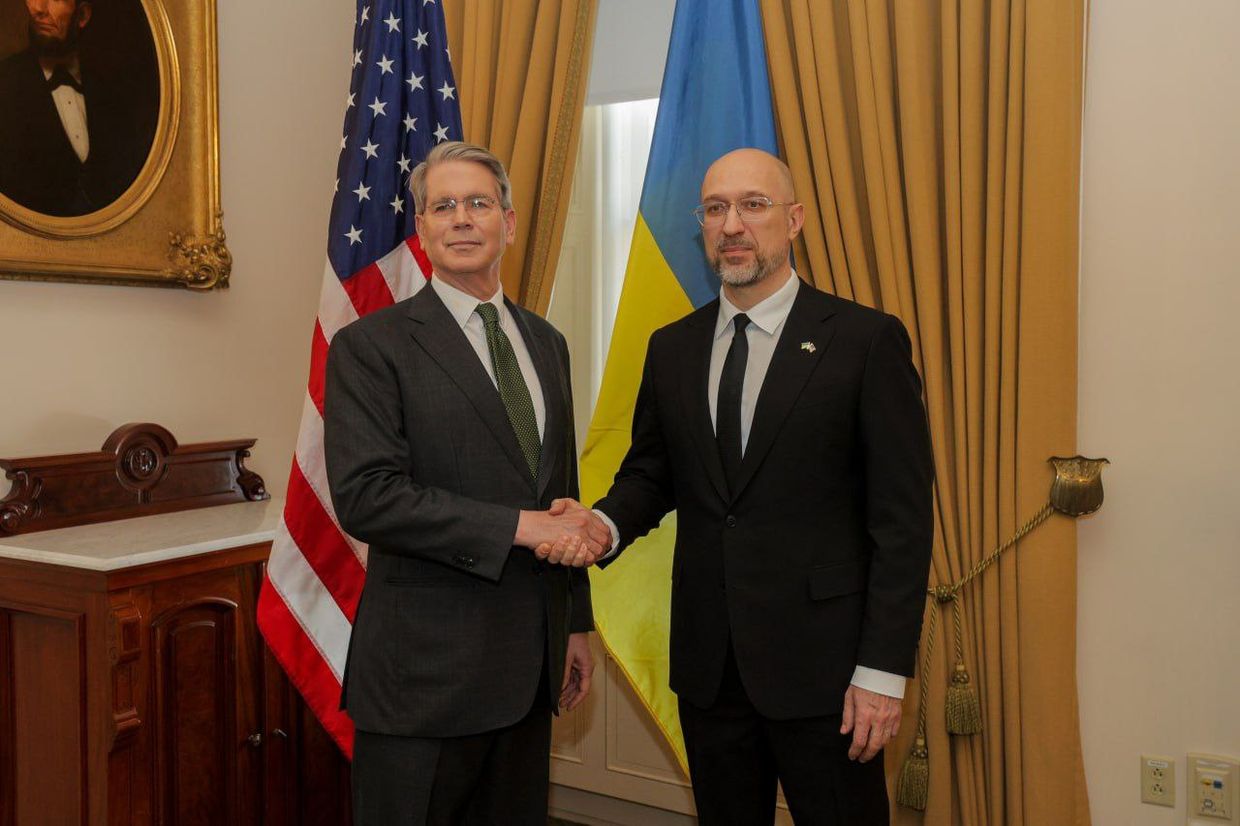
According to Prime Minister Denys Shmyhal, the parties also discussed "important political aspects" of the long-debated future minerals deal between Kyiv and Washington.
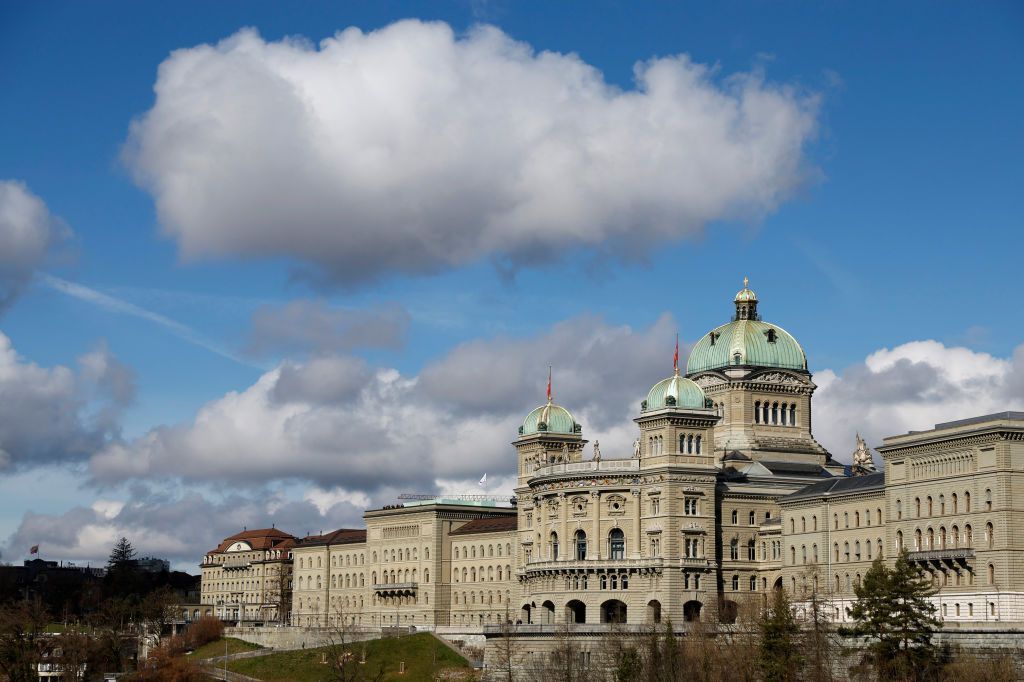
The Swiss sanctions against eight Russian propaganda outlets will come into force on April 23, 2025.
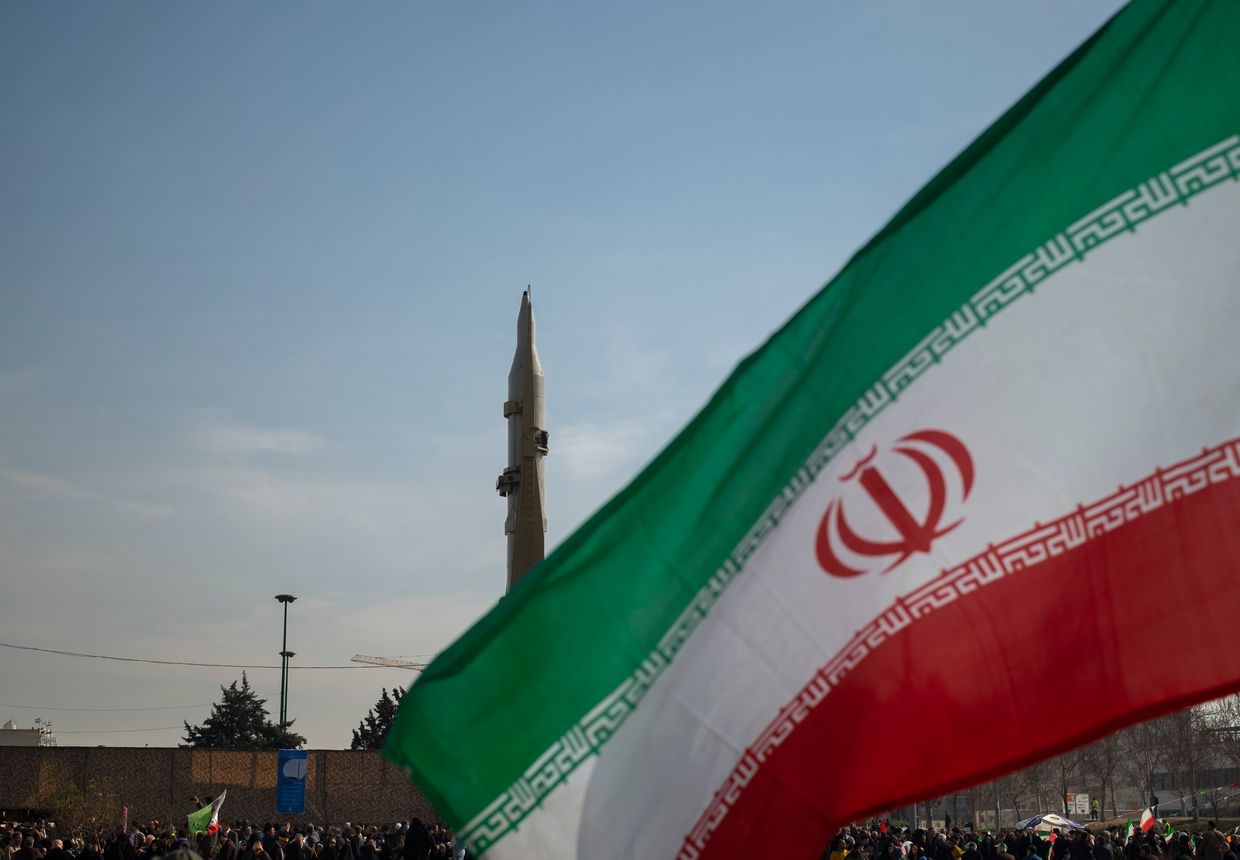
Iran maintains that its nuclear program is purely peaceful and has indicated a willingness to accept limited restrictions in return for the lifting of international sanctions.

One of the officials told Bloomberg that the U.S. plans, which require further discussion with Kyiv, would not be a final settlement and that European allies would not recognize the occupied territories as Russian.



